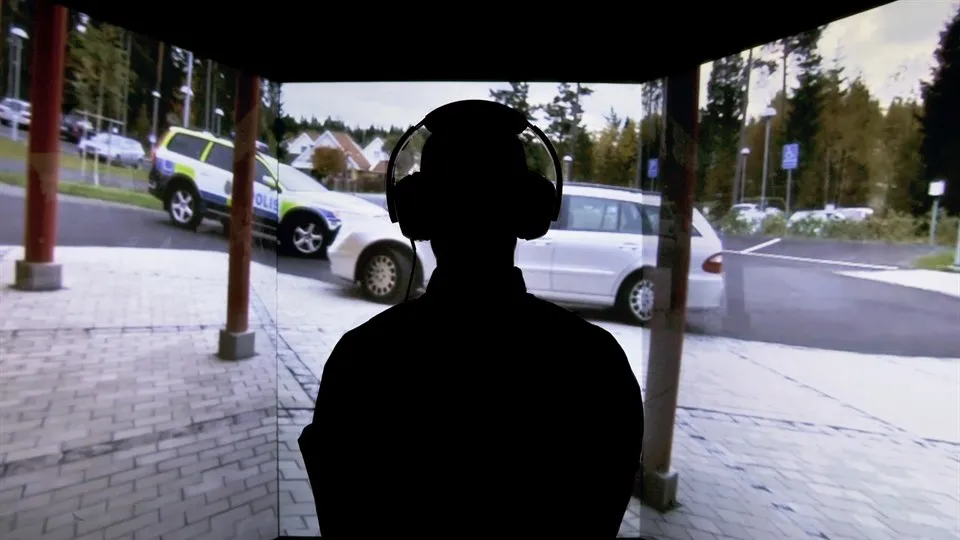Multi‑organizational co‑operation in response to ordinary emergencies
The project was aimed to develop practical and theoretical knowledge of how collaboration and decision-making in multi-organizational crisis management appear in a pre-, sub-, post-perspective; both in preparatory work and activities for learning and experience sharing.
The crisis management system in Sweden has undergone significant changes. Particularly noticeable is the changed legislation where municipalities and county administrative boards have been given a central role and responsibility at the local level. The publication Accidents and Crises 2009/2010 (MSB 2010a) emphasizes that the societal crisis preparedness capability needs to be developed to become more robust and cope with cross-sectoral crises and broad organizational collaboration. MSB pointed out the need for knowledge about coordination and collaboration, not least to take advantage of (local) society's collective resources and develop the conditions for management and cooperation.
Knowledge is limited about the factors and mechanisms that affect organizational collaboration, especially in local crises involving several sectors, activities, and organizations. In both research and practice, collaboration has mainly been about rescue organizations, especially at accident sites. On the other hand, Crises do not always have a prominent place of accident, and they include and affect more organizations than just rescue organizations. Therefore, a central goal has been to develop knowledge of the local community's preparedness and the ability for cross-sectoral collaboration in ordinary crises. Essential is cooperation knowledge from a broader perspective, where organizations other than rescue organizations are involved, and there is no defined accident site.
Cross-sectoral collaboration is hampered by a lack of knowledge on routines that govern the place where the incident takes place. Also, there can be a lack of understanding of the situation. Furthermore, the responsibility for the rescue effort is often handed over to the rescue organizations.
- In cross-sectoral crisis management, organizations without crisis experience may have difficulty understanding the situation that affects their organization. However, they know the site's conditions. Rescue organizations do not always know the site's conditions when they arrive at an accident site. However, the situation may be known and something they often encounter.
- The task of remedying the crisis itself, for example, extinguishing a fire, is the rescue organizations' experience, but maybe not the rationalities that apply in other types of work organizations under threat. However, organizational knowledge on routines etc., is seldom shared between involved actors.
- Care organizations and rescue organizations' work are based on different logics. Care organizations focusing on protecting their care tackers and rescue organizations base their work on incident-controlling logic. This means that the staff at the different organizations understand the same event differently.
- In a crisis, it is common for organizations not to collaborate. They all do their part and responsibility and adapt their activities only to the situation.
Facts
Project period
120201—140228
Partners
Research centers
Departments
Subjects
Project leader

Project members





